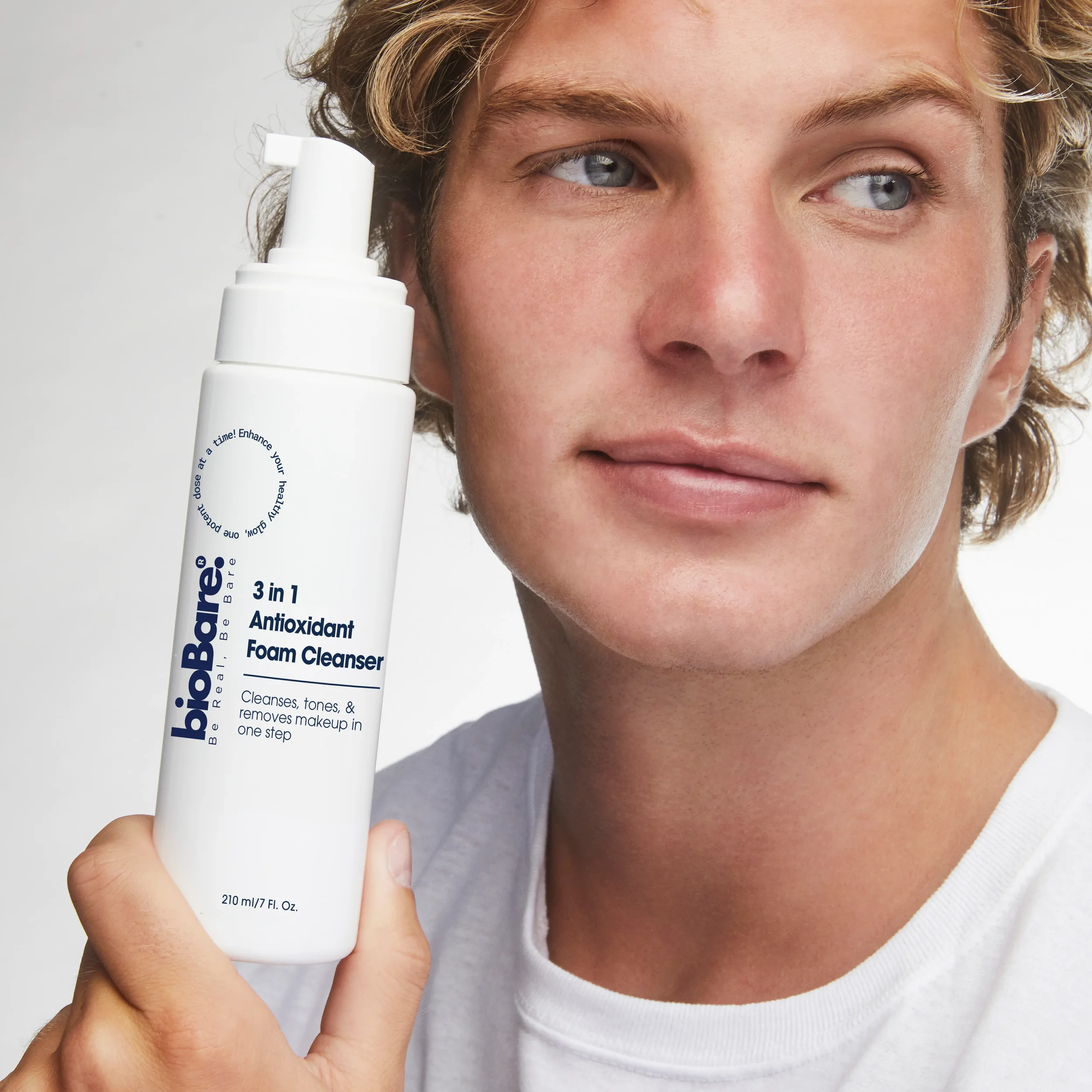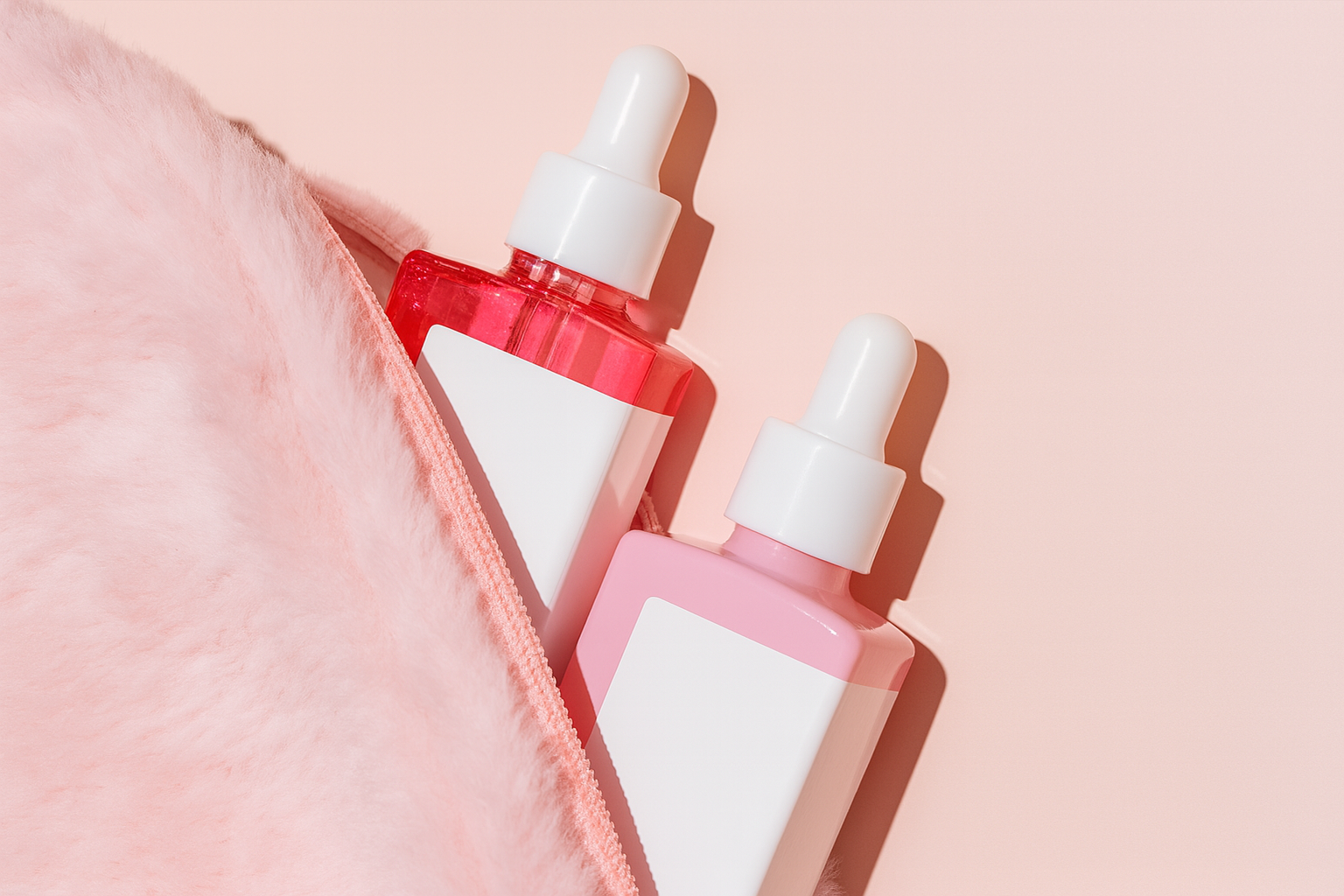How to Private Label Skincare in the USA: Complete 2025 Guide for Founders
Turn ideas into market-ready skincare products.
Our expert guides show you the proven steps — from choosing private-label formulas to mastering compliance, packaging, and launch strategy — so you can grow with confidence.
Introduction
Are you dreaming of launching your own skincare brand but don’t know where to start?
Private label manufacturing has opened the doors for thousands of founders - from medspa owners and estheticians to first-time beauty entrepreneurs - to enter the market faster and with lower risk.
In this guide, you’ll learn exactly how to private label skincare in the USA, what it costs, how to avoid common mistakes, and how to get from idea to shelf with confidence.
At Créer Cosmetics, we’ve helped new and growing brands take their concept and turn it into a compliant, market-ready product line - without the typical headaches.
Why Private Label Skincare Is Booming
The global skincare market is projected to surpass $180 billion by 2030.
U.S. consumers are demanding clean, effective, and clinically tested products, creating room for agile indie brands.
Private label allows brands to launch in months instead of years by starting with proven, ready-to-brand formulas.
For founders with limited budgets, it’s often the smartest first step before investing in full custom R&D.
Key takeaway: Private label skincare is no longer just for small local spas; it’s a mainstream entry path for competitive new brands.
Private Label vs. Custom Formulation: Which Path Is Right for You
What “Private Label” Means
Private label skincare uses pre-developed, tested, and stable formulas manufactured under your brand name. You focus on branding, packaging, and marketing while using the manufacturer’s proven formula.
What “Custom Formulation” Means
Custom formulation involves developing a unique formula from scratch, often with R&D labs and chemists. It allows you to own the intellectual property and differentiate your product but requires higher budget, longer timelines, and higher MOQs.
Pros and Cons Table
| Factor | Private Label | Custom Formulation |
|---|---|---|
| Speed to Market | Fast: often 6–12 weeks | Slower: 6–12+ months |
| Cost | Lower startup cost | Higher (R&D, testing, stability) |
| Minimum Orders | Often low MOQ (250–500 units) | Usually 2,000–5,000+ units |
| Uniqueness / IP | Shared formulas | Proprietary formula |
| Compliance | Already tested for stability & safety | Requires new testing & documentation |
Tip: Many successful brands start with private label to prove product-market fit, then invest in custom formulas once they have steady sales.
Step-by-Step Process to Launch a Private Label Skincare Line
1. Research Your Market & Niche
Identify your target customer (e.g., acne-prone teens, spa-grade anti-aging, clean beauty moms).
Study competitors’ hero products and packaging.
Decide what differentiates your brand: ingredient story, packaging design, clinical claims, sustainability, etc.
2. Choose a Trusted Manufacturing Partner
Look for U.S.-based manufacturers with:
GMP-aligned facilities
Proven formulas and documented stability tests
Transparent MOQs and lead times
Willingness to supply COAs and compliance support
At Créer Cosmetics, we work as your matchmaker and project manager, selecting the right lab for your needs.
3. Select Winning Formulas
Pick proven formulas that match your target audience’s needs (e.g., brightening serum, hydrating moisturizer, retinol cream).
Request samples to test texture, scent, absorption, and packaging compatibility.
Make minimal tweaks first (e.g., fragrance-free option).
4. Choose Packaging & Labeling
Pick packaging that fits your brand identity and formula requirements (airless pumps, jars, droppers).
Ensure all INCI ingredient lists, net contents, and claims are compliant.
Consider sustainable options such as PCR plastic or glass.
5. Ensure Compliance & Testing
U.S. skincare is regulated as cosmetics under FDA guidelines.
You must have:
Correct INCI naming and ingredient declaration
Appropriate warnings and usage instructions
Verified claims (e.g., “clinically proven,” “dermatologist tested”)
Stability and compatibility tests
6. Understand MOQ, Budget & Timelines
Entry-level MOQs for private label: often 250–500 units per SKU.
Typical startup investment: $5K–$20K depending on SKUs and packaging.
Average timeline: 8–12 weeks from formula selection to finished product delivery.
7. Plan for Fulfillment & Post-Launch Scaling
Decide whether you’ll handle fulfillment in-house or use a 3PL or co-packing partner. Track inventory carefully to avoid backorders while keeping storage costs manageable.
Understanding Costs and Minimum Order Quantities
Formulas: Private label pricing often starts around ~$4 per unit, depending on the product type and MOQ.
Packaging: Glass bottles with droppers can range from $0.50–$1.50 per unit, airless pumps more.
Label & Box: $0.20–$0.50 per unit depending on finish.
Fulfillment: Varies by storage and pick-pack rates.
Pro tip: Start with a small hero lineup (1-3 SKUs) to keep initial costs and complexity low.
Avoiding Common Pitfalls
Choosing a supplier without proper compliance documentation.
Customizing packaging too early can inflate MOQs and lead times.
Over-ordering inventory before testing market response.
Skipping stability testing or claims validation.
Ignoring brand story and visual identity.
How Créer Cosmetics Simplifies the Journey
At Créer Cosmetics, we act as your end-to-end partner:
We help you determine whether a private label or custom option is right for you.
We source from vetted U.S. labs with low MOQs and clean, sustainable formulations.
We manage compliance, packaging, branding, and fulfillment so you can focus on sales.
Our clients appreciate faster sampling, clearer costs, and reduced risk.
Key Takeaways & Next Steps
Private label skincare is the fastest and most cost-effective way to bring a product to market in the U.S. — provided you choose the right partner.
📞 Contact Créer Cosmetics: Request a free consultation or sample quote to start your journey.




